INTERVIEWS
Gilles Gazaille
Interviewer: Vanessa Sicotte
Language of interview: French
Country of practice: Canada
Profession: Not specified. Interviewee was a participant in a restorative justice process.
Gilles Gazaille has participated in two restorative justice processes. The first one, in 2017, took place in a detention centre, while the second, in 2019, took place in the offices of the “Centre des Services pour la Justice Réparatrice”. During our conversation, Gazaille tells us about both experiences, including the spaces where they occurred and the sensations he felt in relation to those spaces. He explains his preference for a neutral room, outside of a home environment, with no physical barriers between participants. He highlights the importances of privacy, as well as the possibility to arrange the room according to the survivors’ desires, to ensure comfort and a feeling of safety. For Gazaille, a proper space is a foundation for a successful restorative process.
Further, he explains his first restorative experience which included the participation of five people: 2 facilitators, one survivor (himself), one offender, and one member of the community. He describes the space as a fairly small, office-like and comfortable room within a prison. It was located at the end of a corridor which gave him a sense of privacy. There was a circle configuration, and the room had a door with a small window, which did not allow participants to look outside.
The second experience happened in a bigger conference room, in an office building. According to Gazaille, it felt less “secret” and more exposed. The room had a table that had to be moved to form the circle, which gave him a feeling of attending a conference rather than a restorative justice practice. He describes the room as a noisy place where you could hear the office staff and tenants from the upper floor. He maintains, however, that while this restorative justice process was beneficial, he would prefer to do it again in a prison room rather than a busy office.
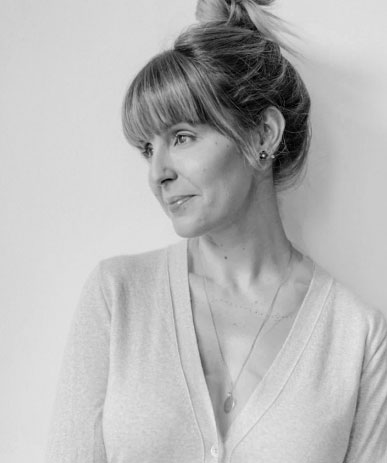
is an author, speaker, columnist, and podcaster in the fields of architecture and decorative arts. She is completing her MA in Art History at Concordia University, Montréal, and holds a Bachelor of Commerce with a major in Marketing from John Molson School of Business. She studied Industrial Psychology in Los Angeles, California. Sicotte is the author of two published books on design (2015, 2018) published by Les Éditions Cardinal.

is a Colombian PhD candidate in the Department of Art History at Concordia University. She has a background in architectural design and community activism and holds a master’s degree in Building and Urban Design from the Bartlett School of Architecture in London, England. Her interests focus on socially-engaged art, social movements, collaborative activism in post-conflict scenarios, collectively-produced art, and art produced in relation to the built environment.
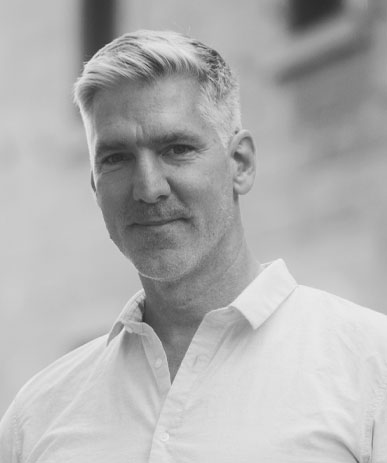
is a PhD candidate in Humanities at Concordia University. His research focuses on spatial agency, social aesthetics, youth narratives, and graphic representations of urban memory. He has published on the relationship between children, play, and public space in Cartagena, Colombia. He has also worked as an editor on literary projects, including Territorio Fértil, which received the María Nelly Murillo Hinestroza award for Afro-Colombian literature.
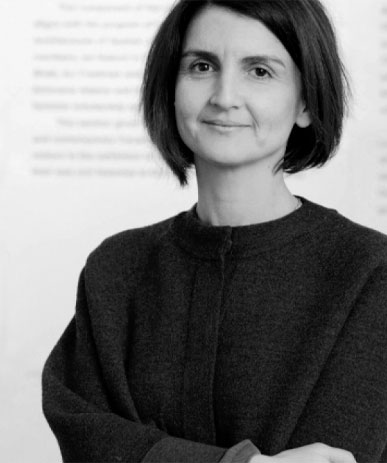
is Associate Professor and Canada Research Chair in Architectures of Spatial Justice (Tier 2) at the Peter Guo-hua Fu School of Architecture at McGill University, Montréal, Québec, Canada. Her research interests include low-income housing and participatory design, civil protest and urban design, and campus landscapes and race. Her publications include the co-edited book, Orienting Istanbul (2010) and solo-authored book, Istanbul Open City (2018).
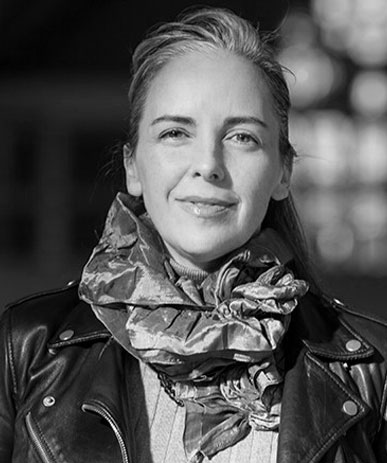
is an artist and a professor of Art History at Concordia University. Her work focuses on women and the history of the built environment, urban landscapes, research-creation, and oral history. She has published on the spatial history of the suffrage movement, public art, gardens, and the politics of urban change. In addition to her research on the spaces of restorative and transitional justice, she is leading an oral history project on the urban memories of diverse Montrealers.
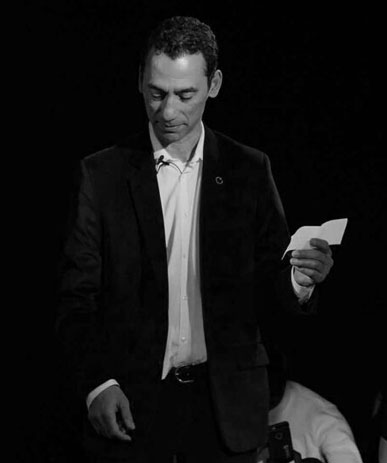
is Associate Professor in the Department of Theatre at Concordia University, Montreal (Quebec, Canada). He is also the second co-director of Concordia’s Centre for Oral History and Digital Storytelling. His latest publications explore listening in the context of post-conflict performances of memory. For instance, see ‘Facilitating voicing and listening in the context of post-conflict performances of memory. The Colombian scenario.’ In: De Nardi, S., Orange, H., et al. Routledge Handbook of Memoryscapes. Routledge: London. (2019), and his article ‘Not being able to speak is torture: performing listening to painful narratives’. International Journal of Transitional Justice, Special Issue Creative Approaches to Transitional Justice: Contributions of Arts and Culture. (March, 2020)